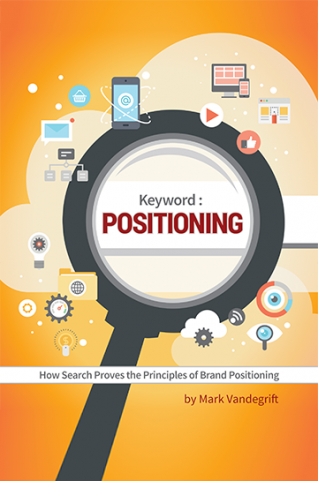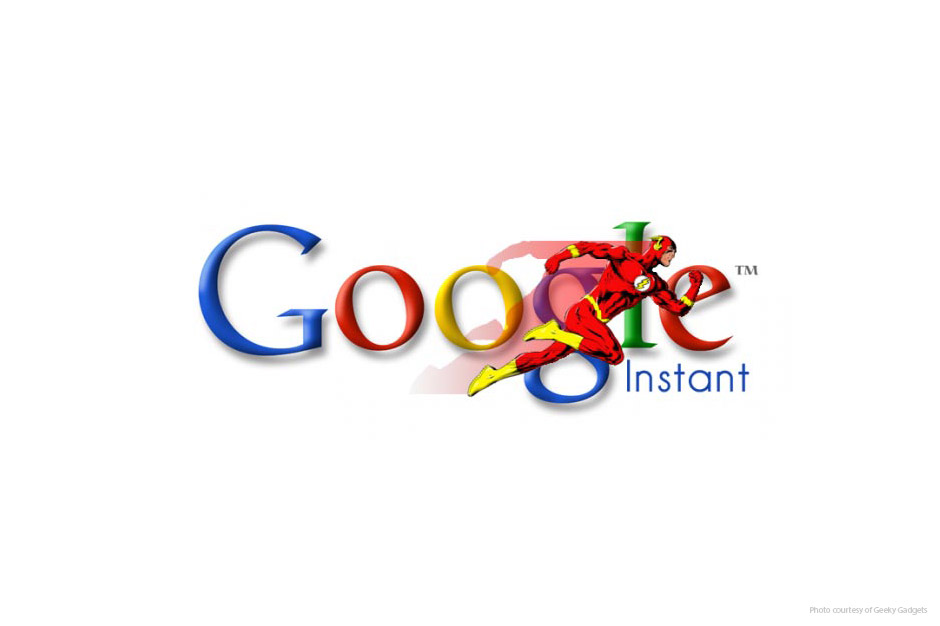On Sept. 8, Google announced its new search functionality: Google Instant. This new search feature only works when a user is logged into a Google account. It's an expansion of the live keyword completion tool where it anticipates what a user is searching and provides suggestions from which the user can select. So, is this a search engine positioning game-changer?
Instead of waiting for the user to click the search button, the results on the page now anticipate the search term and begin to show search engine results almost instantaneously.
Shortly after the introduction of the new functionality, cries of "SEO is dead" began to ring out in the blogosphere. But those who fully understand the nature of search engine positioning understand that it means SEO is more alive than ever. Google Instant simply provides a mechanical speed enhancement allowing the user to refine the search term on the fly. Google has provided the keyword suggest (Google Suggest) functionality for several years now, so this part of Instant isn't new. Simply, the search engine results refresh on the screen as Google anticipates what the user is searching.
Search engine positioning experts -- those who really understand relevance -- see this as confirmation that keyword research is now more important than ever. Google Suggest has been a tool in Innis Maggiore's keyword research bucket for a couple years. This simply confirms and heightens its importance. Results provided on the fly will certainly affect the refinement of a searcher's keyphrase, even greater now than with just Suggest.
Search engine positioning won't ever go away. It will simply get better and Instant is trying to make it so. SEO is the perfect tangible proof that positioning principles are also more alive than ever. Search confirms the basic nature of our thought patterns and how we organize products and services in the mind: three to four words (on average) without complicated terminology. Either on initial search, when users refine their search, or when a user selects a page result to click, differentiation does matter.



